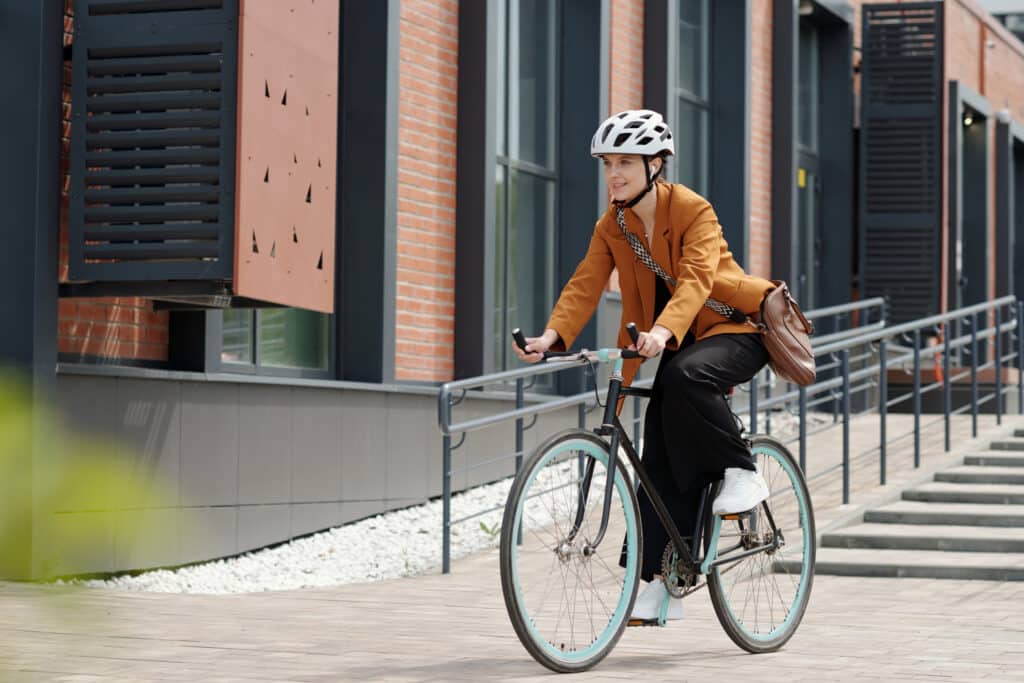United Way of Central Iowa lists agenda for 2021 Legislature

MICHAEL CRUMB Dec 18, 2020 | 5:53 pm
5 min read time
1,075 wordsAll Latest News, Arts and Culture, Government Policy and LawThe United Way of Central Iowa outlined its legislative priorities for the upcoming session on Thursday as they heard from community experts about how the agenda legislators face when they convene next month may affect the Greater Des Moines region.
The United Way’s legislative agenda for the 2021 session will focus on affordable and accessible child care, equitable broadband and digital literacy skills, and efforts to create easier paths back into the community for people who have been incarcerated. It will also prioritize education, children’s mental health funding, and greater investments to fight food insecurity and to provide affordable housing.
Dave Stone, advocacy officer for the United Way of Central Iowa, said workforce development will also be a priority for the session, scheduled to start Jan. 11.
“Now more than ever, in a recovering economy, we must make sure that our workforce is strong and self-sufficient,” Stone said during the virtual presentation attended by more than 170 people.
Stone was joined by Teree Caldwell-Johnson and Diedre DeJear, who focused on the One Economy plan and how it ties into the United Way’s legislative goals for 2021.
Caldwell-Johnson, chair of the Directors Council, said the One Economy plan for action outlines racial disparities in banking, income, housing and education that exist in Des Moines and Polk County.
Caldwell-Johnson said although Des Moines was ranked as the third-best place to live in the country in 2019, 54% of Black people were “cost-burdened renters,” paying more than 30% of their income toward their rent.
She also cited Des Moines’ high rankings for cities to achieve the American Dream, but noted the unemployment rate for people of color was nearly twice that of their white counterparts.
“And this is a pre-COVID number, and we know the disproportionate impact can well be seen during COVID, and those numbers likely are higher for both populations but considerably higher for individuals of African descent,” Caldwell-Johnson said.
She cited disparities in high school graduation rates in Des Moines, particularly looking at Black males, where the rate is about 67%, well below that of white students, who have a graduation rate above 90%.
DeJear, owner of Caleo Enterprises, outlined disparities in numbers of unbanked or underbanked individuals. Statewide, about 3% of the population is unbanked, or lacks a relationship with a lender, compared with 22.1% for Black residents in Des Moines. About 13.5% of the state’s population is underbanked, compared with 31.8% for Black residents in Des Moines, she said.
Black residents are more than two times more likely to be denied a loan to deal with urgent needs, DeJear said, leading them to go to payday lenders, title loan shops or pawnshops where they are charged high interest rates.
DeJear identified various educational data points from the report that demonstrate disparities between Black and white students, such as higher or comparable suspension rates.
White students make up nearly 71% of the district’s enrollment, while black students make up 10.5%. But Black and white students each make up 35% of the district’s suspension numbers.
“Not only do we want our students in schools, but want them learning, and when we see the suspension rate is comparable, we have to find out why that is because we need them in the classroom to gain the best experience,” DeJear said.
She also cited higher unemployment among black residents as a challenge that spills over into other areas of the community.
“When we think about lack of transportation and lack of child care, and all those challenges that folks are dealing with, the idea that they can’t find a job in their neighborhood or close to them poses a great deal of challenges for the individual … not just economic stability but sustainability for the family as well,” DeJear said.
Overcoming those challenges is more difficult in Polk County, where the median income for a Black family is $33,000, compared with $63,500 for a white family, she said.
After rent and child care, it leaves little for a Black family to buy groceries, pay other bills or deal with emergencies, she said.
Peter LeBlanc, principal on special assignment for the Des Moines Public School District, also spoke Thursday, presenting information about challenges the district is facing.
The district has lost about 1,000 students from its enrollment during the coronavirus pandemic, he said.
And that, LeBlanc said, is translating into lost revenue for the district at a time when demand is increasing to meet the needs of the increasingly diverse population.
“When we think about the work of equity and making sure we have the resources … to serve the 32,000 kids coming into our schools every day, this is a huge, huge, component of that,” LeBlanc said.
Equity is considered through each area of need, whether it be language, special education or talented and gifted, “because we’re talking about access and who gets the opportunities … and what are those pathways we’re creating to make that happen for students,” LeBlanc said. “So that means we need to have staffing that allows us to provide these students with the support they need in order to have access to the grade-level curriculum we’re providing, so those students can have the opportunity to be successful in their classrooms.”
He said disparities are clearly evident in some areas, such as special education. While 20% of the district is Black, Black students make up 24% of those receiving special education services, LeBlanc said.
The district has seen some achievement drop during the pandemic, he said.
After being on track to meeting third-grade reading goals pre-COVID, numbers have declined in recent months, LeBlanc said.
The district remains in virtual learning because of the virus, but LeBlanc said the district isn’t using the pandemic as an excuse.
“I know COVID could be an excuse for the numbers, but we are in the business of teaching and learning, so we are still responsible for that learning piece, too, and we take that very seriously and working really hard to do that,” he said.
Elisabeth Buck, president of the United Way of Central Iowa, said engaging with lawmakers will be essential to overcoming the challenges of the past year.
“As we approach the end of a very challenging year, we know that [helping] those who are struggling with economic uncertainty, educational struggles, health challenges, trying to help them meet their basic needs is more critical than ever before,” Buck said at the start of Thursday’s presentation.







